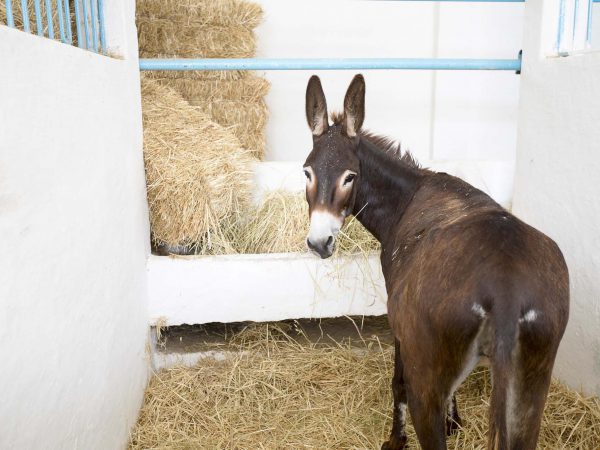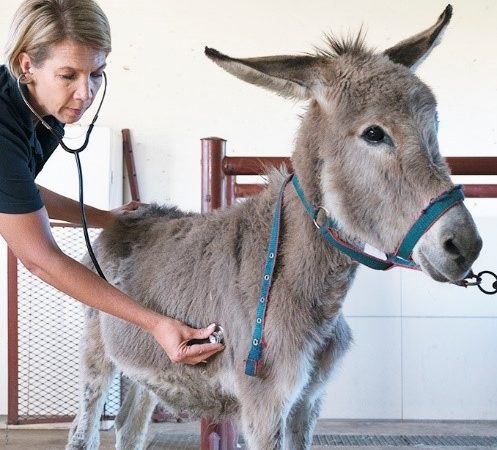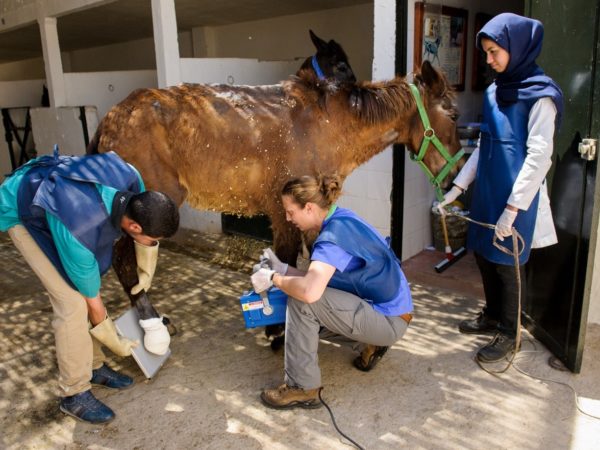You may also be interested in

What do donkeys eat?
What do donkeys eat? Discover what the best food is to feed donkeys.

The Best Christmas Jokes Of All Time
Celebrate with some of the best Christmas jokes of all time, from funny Santa jokes to elf jokes and other cheesy, silly Christmas puns and...

The Best Christmas Jokes Of All Time
Celebrate with some of the best Christmas jokes of all time, from funny Santa jokes to elf jokes and other cheesy, silly Christmas puns and...


